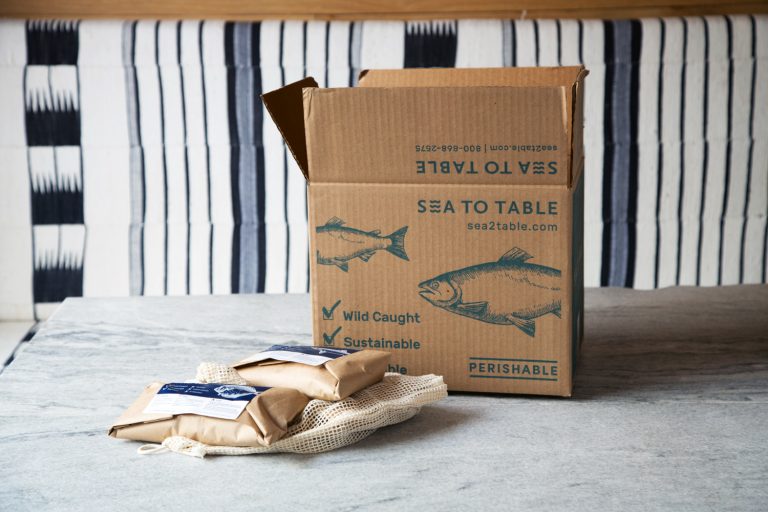An Associated Press investigation revealed in June that the New York-based seafood distributor Sea to Table was mislabeling product origins and misleading its customers. The company and its owner Sean Dimin defended the errors as accidental — a result of mix-ups, miscommunications and honest mistakes as well as information falsified farther down the chain of supply. Dimin pledged to address the claims quickly and terminate relationships with suppliers that had mislabeled their seafood.
This week AP reports on four former Sea to Table employees who say they raised concerns about mislabeling and other deceptive marketing practices long before the AP investigation, but they were ignored or silenced.
Sea to Table’s model is to deliver local, traceable, high-quality seafood. This is a manageable business model. Community supported fisheries, direct marketers and small fish shops around the country deliver these promises daily.
But the model is not yet scalable, and that is precisely what Sea to Table’s ex-workers point out. They allege that Dimin turned a blind eye to these flaws as he tried to keep pace with the company’s growth.
Despite the bad press and significant losses after the June report — Dimin told the AP Sea to Table had lost more than 50 percent of its revenue and conducted layoffs to keep operating — the company reportedly predicts its sales will jump from $13 million last year to $70 million in 2020.
But if a fast rate of growth was the problem before, won’t it persist in being a problem?
The most important lesson to take away from the Sea to Table story is that there is a wide customer base for local, sustainable, traceable, quality seafood. But we can’t keep burning bridges with consumer trust if we want that demand to be there when we finally figure out how to achieve the goal of filling the demand with honest product while making a profit.
If the U.S. seafood industry wants to grow, it has to be aggressive about adopting practical approaches to traceability like blockchain technology. But at the same time, we all have to keep a close eye on business models that ping our instincts as being extremely difficult to execute. Ask questions. Share solutions. Because no one wins when the consumer stops trusting.







